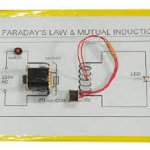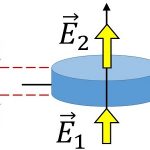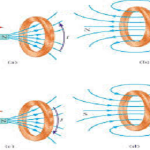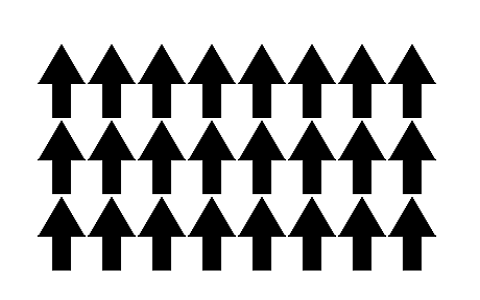In electromagnetism, magnetic flux is defined as the number of magnetic lines of forces observed at the surface of a magnetic material. Magnetic flux is denoted with 'Φ'. The SI unit of magnetic flux is derived as volt-seconds, also known as Weber and Maxwell as CGS unit. To measure the amount of flux generated from a magnetic surface an instrument called 'Fluxmeter' is used. Fluxmeter consists of measuring coils placed between permanent magnets known as Helmholtz coil arrangement. The change in … [Read more...]
What is Faraday’s Law : Formula & Its Experiment
Faraday’s law of electromagnetic induction was the own discovery of two scientists Michael Faraday in the year 1831 and Joseph Henry in the year 1832. The first results from his experiments were released by Faraday. In his initial experiment, he found the principle of electromagnetic induction. In this, he rolled two metallic wire strips all across the iron ring. With this, he came to know the principle behind electromagnets. He believed that when there is the flow of current at one end of the … [Read more...]
What is Gauss Law : Formula & Its Derivation
The study of electric charge and electric flux along with the surface is the Gauss law. It is one of the basic laws of electromagnetism, which is applicable for any type of closed surface known as a Gaussian surface. This law is explained and published by a German mathematician and physical Karl Friedrich Gauss law in the year 1867. It describes the relation between the intensity of the electric field of a surface and the total electric charge enclosed by that surface. This article gives an … [Read more...]
What is Lenz’s Law : Formula, Significance & Its Uses
Lenz’s law was initially proposed by Heinrich Friedrich Lenz where his entire career was completely contributed to physics and chemistry. His initial observation was on the Peltier effect which means metals conductivity nature and change in the value of electrical resistance in correspondence to temperature. Then the research of Lenz moved to electrical conductivity and discovered the Joule effect which was the study regarding electrical variations independence were directed to the announcement … [Read more...]
What are Ferromagnetic Materials : Magnetization & Their Applications
For many decades, magnetism has been an anomaly that gained the sight of humanity. Any of the instances in mankind's life, one might surely confront permanent magnets and so today we shall move with the discussion to know the concepts of magnetism and what ferromagnetism and ferromagnetic are? Initially, the concept of magnetism arises from the magnetic dipole moment of an electron which means that an electron acts like a small magnet generating the magnetic field. The swirl of the electrons in … [Read more...]




